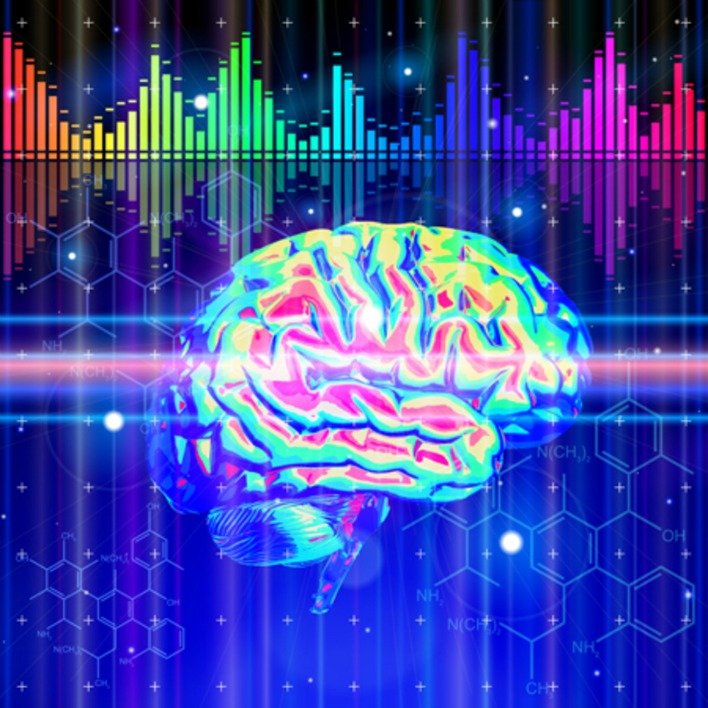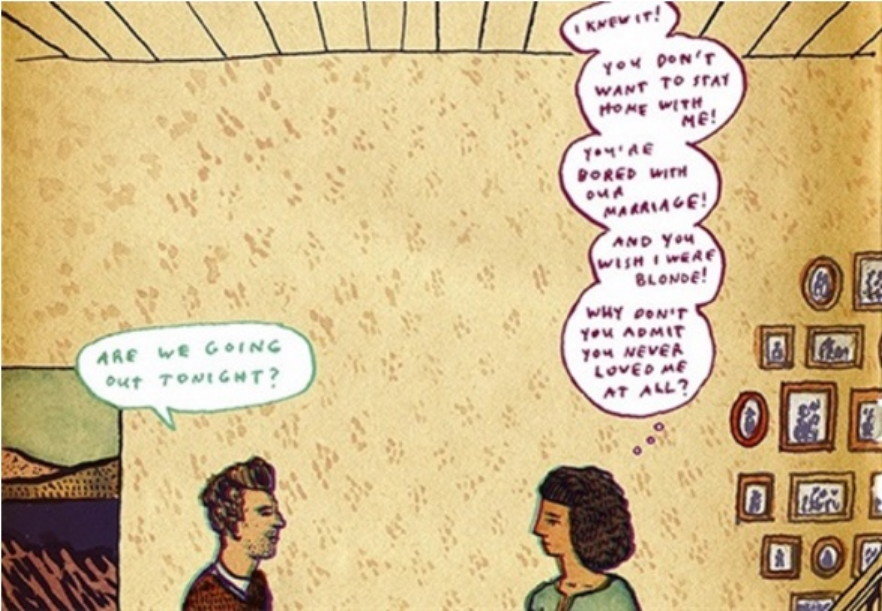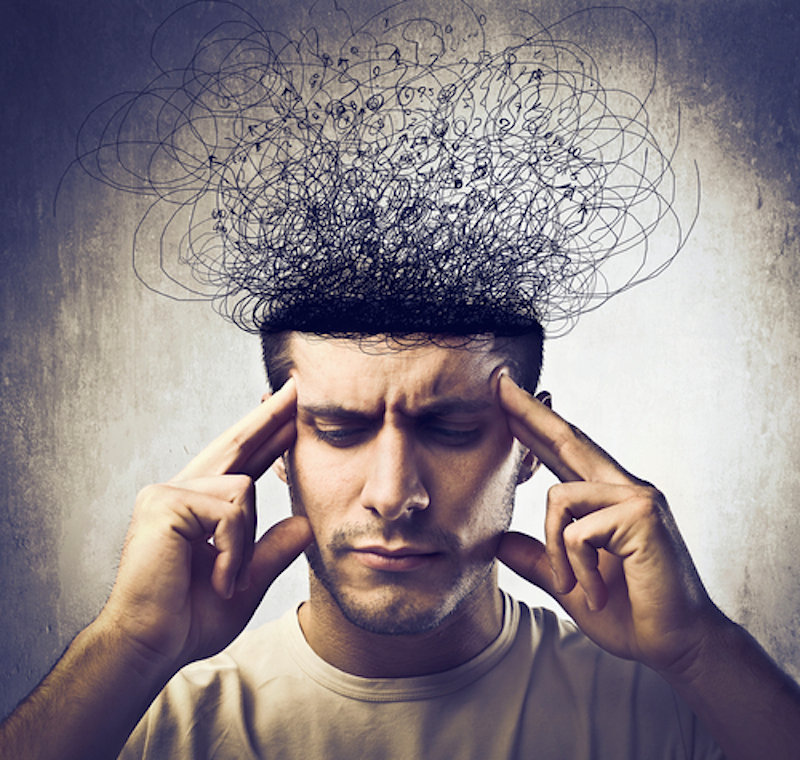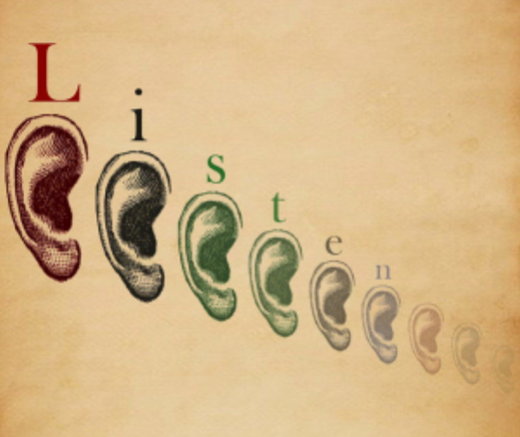Dr. Pearsall, an American cardiologist, has collected the cases of 73 heart transplant patients and 67 other organ transplant recipients and published them in his book, "The Hearts Code" (1). Here is a sample of a case that has been reported:
Claire Sylvia develops desire for chicken nuggets and green peppers.In 1974, the French researchers Gahery and Vigier, working with cats, stimulated the vagus nerve (which carries many of the signals from the heart to the brain) and found that the brain's electrical response was reduced to about half its normal rate when stimulating the vagus nerve (3).
On May 29, 1988, an American woman named Claire Sylvia received a heart transplant at a hospital in Yale, Connecticut. She was told that her donor was an 18 year-old male from Maine who had just died in a motorcycle accident.
Soon after her operation, Sylvia declared that she felt like drinking beer, something she hadn't particularly been fond of before. Later, she observed an uncontrollable urge to eat chicken nuggets and found herself drawn to visiting the popular chicken restaurant chain, KFC.
She also began craving green peppers which she hadn't particularly liked before. She started behaving in an aggressive and impetuous manner following the surgery. Sylvia also began having recurring dreams about a mystery man named Tim, whom she felt was the organ donor.
She searched for obituaries in newspapers published from Maine and was able to identify the young man whose heart she had received. His name had indeed been Tim. After visiting Tim's family, she discovered that he used to love chicken nuggets, green peppers and beer. These experiences are documented in her book, A Change of Heart (2).
The heart appeared to be sending meaningful messages to the brain that it not only understood, but also obeyed (4). Later, neurophysiologists discovered a neural pathway and mechanism whereby input from the heart to the brain could inhibit or facilitate the brain's electrical activity (5).
Dr. Armour introduced the idea of functional "heart brain." His research revealed that the heart has a complex intrinsic nervous system that is sufficiently refined to qualify as a "little brain" in its own right, due to its independent existence.













Comment: